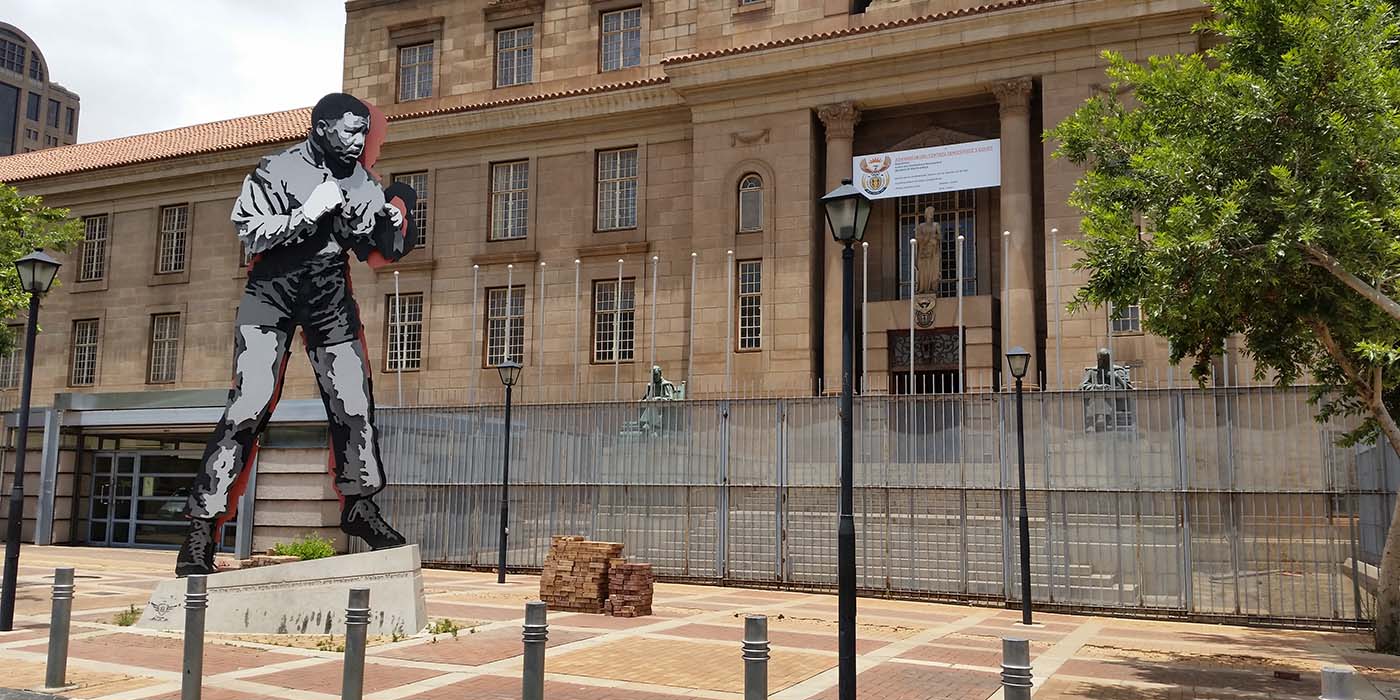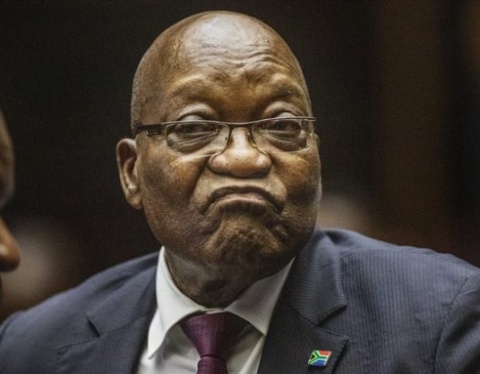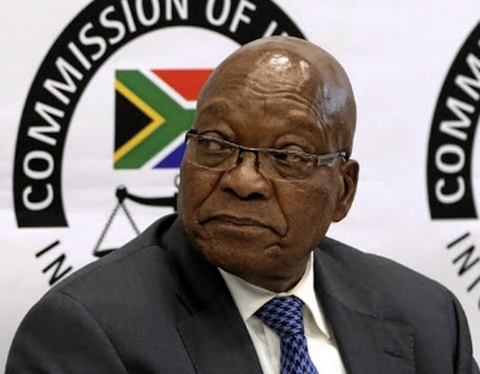In Nedbank Limited v Thobejane and 12 other matters, Judge Tolmay J (with Deputy Judge President Ledwaba and Judge Mothle concurring) addressed the increasingly common tendency among litigants, especially commercial institutions, to enrol matters in the High Court with monetary values falling within the jurisdiction of the Magistrates’ Court. The main defences raised by the Commercial institutions were, inter alia, inordinate delays, unnecessary queries as well as inefficiency within the administration and staff in the Magistrate’s Court.
It was reported that there was an increasing enrolment of unopposed matters that resulted in unopposed motion court rolls having about 80 matters enrolled before a single Judge per day. An estimate of 720 unopposed Applications are enrolled on a weekly basis. This creates a difficult conundrum for Judges as they are consequently left with insufficient time to prepare for matters. This becomes especially problematic as the duty to protect the rights of the undefended Defendants remain with the Judges.
It was submitted by the South African Human Rights Commission that the right of access to justice of impecunious litigants, specifically section 34 of the Constitution, was being infringed upon. It was further submitted that burdening the High Court with matters that should have been instituted in other courts was unsustainable and would ultimately lead to a collapse of the procedural system of the High Court.
Judge Tolmay made reference to the matter of Goldberg v Goldberg, which held that as a matter of principle, a court is bound to entertain proceedings that fall within its jurisdiction and could decline to do so where a statute provided otherwise or in the exercise of the court’s inherent jurisdiction to refuse to entertain proceedings which amount to an abuse of its process.
The High Court reserves the authority, in terms of section 173 of the Constitution, to regulate and protect its own process and to develop the common law, taking into account the interest of justice. It was held that if a litigant bypasses the Magistrates’ Court, such litigant is in essence defying legislative attempts to bring ‘justice to the people’.
It was conclusively ordered by Judge Tolmay, that with effect from 2 February 2019, all civil actions and applications where the monetary value claimed is within the jurisdiction of the Magistrates’ Court should be instituted in the Magistrate’s court bearing the jurisdiction, unless the High Court has granted leave to hear the matter in the High Court.
It was further ordered that a High Court is entitled to transfer a matter Mero Muto to another court if it is in the interest of justice to do so.





